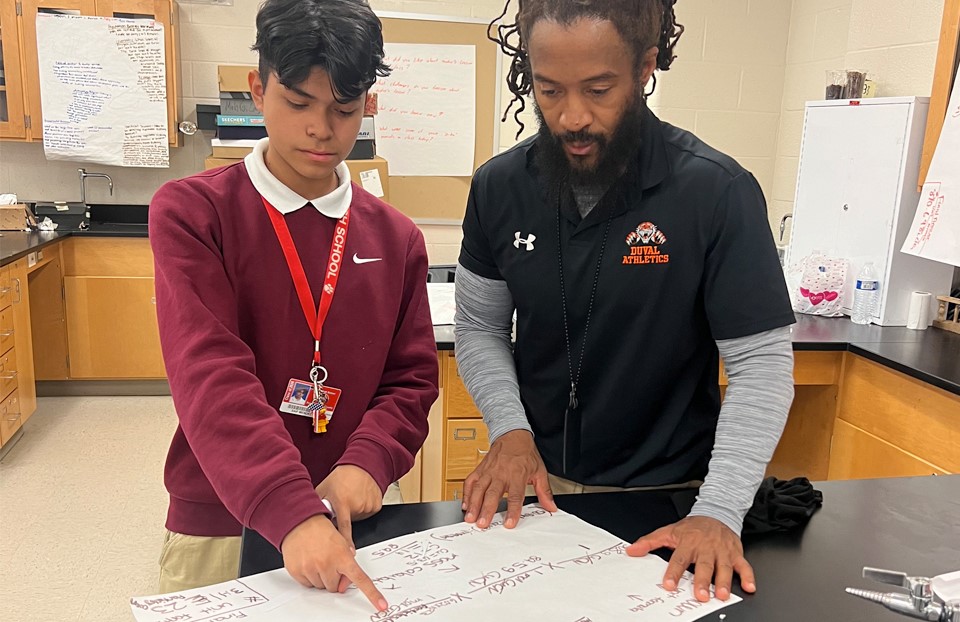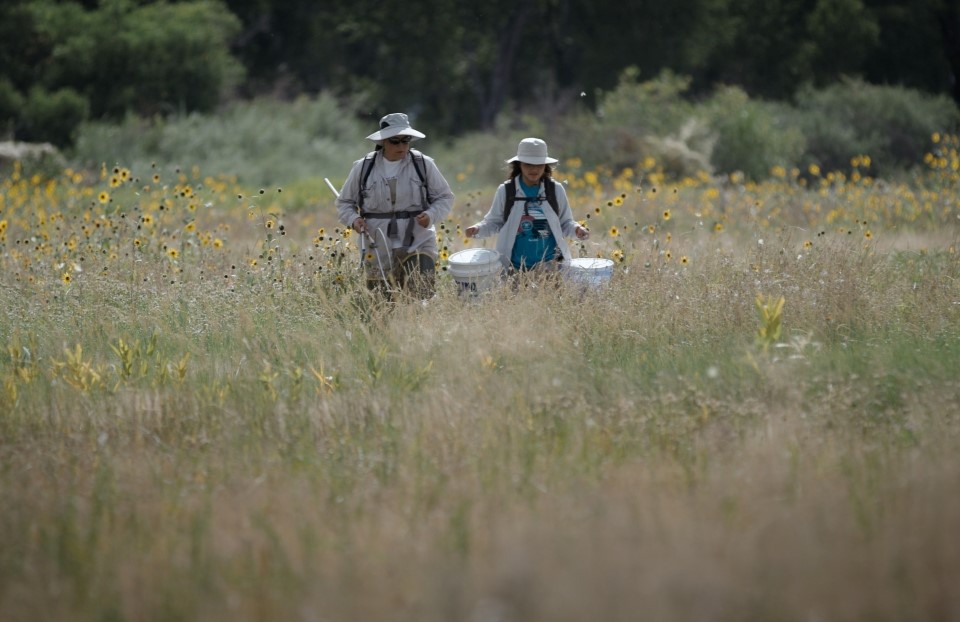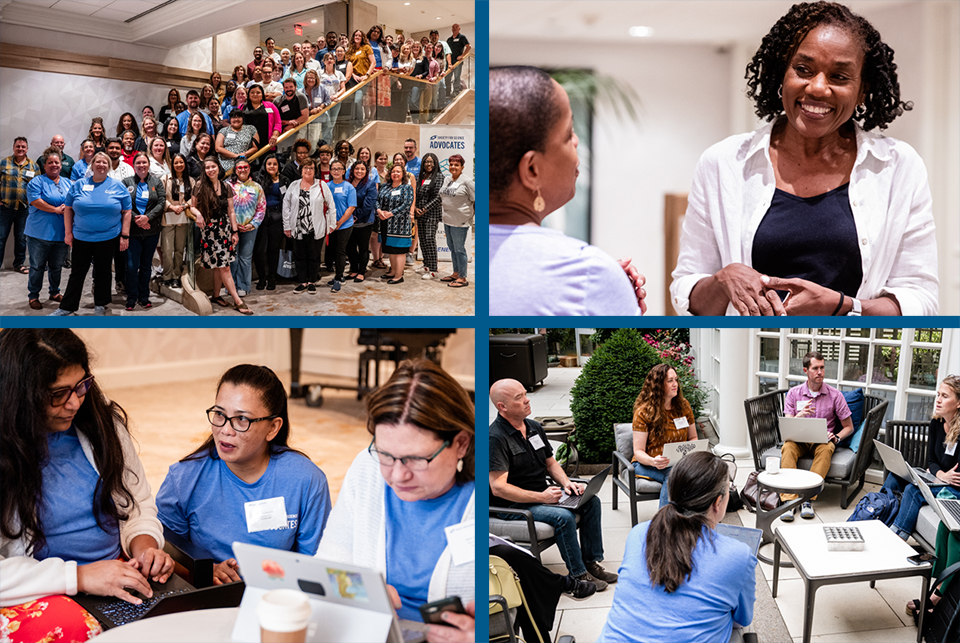An advocate’s work continues
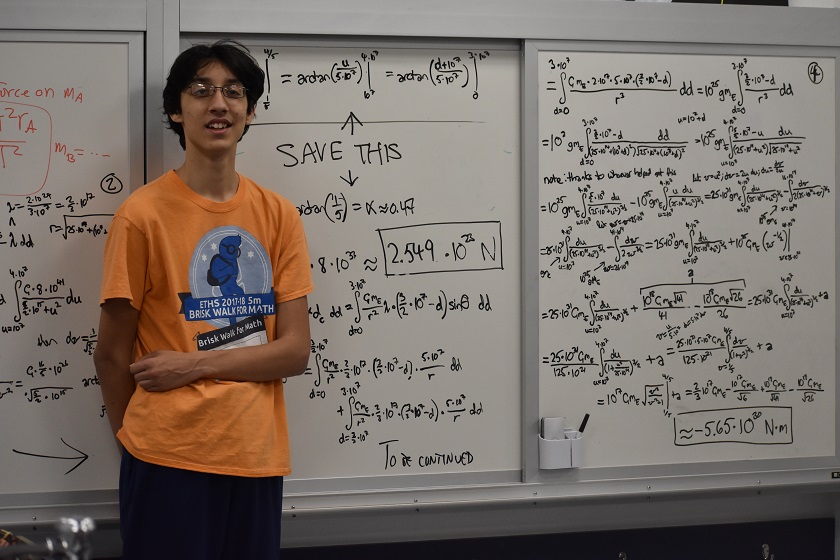
The two sinks in Mark Vondracek’s chemistry classroom hadn’t seen a drop of water in nearly 20 years, yet Mark, a teacher at Evanston Township High School in Illinois, has been encouraging his students to pursue independent science research. Despite classrooms not being updated since the 1960’s, and a student body that is over 40% low income and 45% underrepresented, Mark has made the impossible possible. His commitment to his students has ensured that they complete independent research projects that can be entered into science fairs. Mark’s dedication has now paid off in a big way – to the tune of a $1.5M renovation. Not only that, Mark is giving back to other teachers and students in similar settings.
Mark was a Society Advocate in 2015 as part of the pilot Advocate Grant Program. Since then he has continued to work diligently to expand his efforts – something the Society hopes will happen for all of the Advocates it supports. A new research center was built at Mark’s school, thanks to donations from alumni and parent supporters of the Evanston Township High School Foundation.
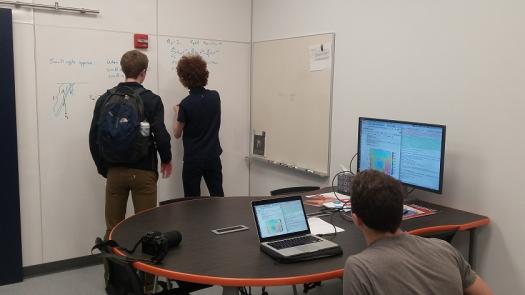
A $1.5M Renovation
“It was a busy summer of construction, as we did a nearly $1.5 million gutting and reconstruction of two classrooms and a space in between the classrooms, which is now a school research center. The curriculum emphasizes independent, original projects that can be done outside of professional labs.
Overwhelmingly, students and staff have loved the new space. Now, we have a full wall, from floor to ceiling, of white boards, as well as glass windows looking into the classrooms, where students can write and work on problems. Academic teams and clubs are utilizing it for meetings as well.
Part of the space is for computational work, where we will be developing opportunities for students to learn how to program, run simulations, as well as access online datasets. The back area is for experimental work, and we presently have a chemistry teacher and three biology teachers with duty time in the center. There is also a space for meetings, and ultimately with my global connections we want to expand international collaborations.”
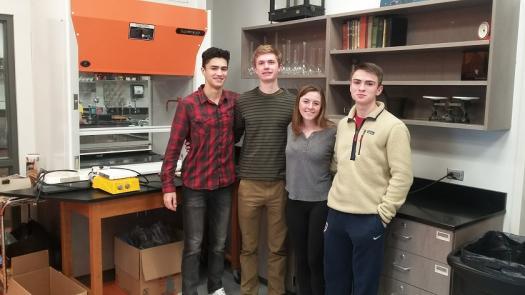
Expanding Internationally
In 2015, Mark was selected as a Top 50 Finalist in the Varkey Foundation’s Global Teacher Prize. The connections he made with other finalists have resulted in ongoing collaborations to promote teaching and education on an international scale. They have also enriched the classroom experience for his students.
“I have about 20 students who are continuing a project we have with schools and teachers in Sierra Leone and Malawi, where we are developing STEM labs and lessons with bare bone materials (rubber bands, string, simple timers and rulers etc.) that they can use and get students to do science activities for the first time. The schools there are trying to become more hands-on rather than relying on straight lecture and memorization. They have almost zero supplies and often no electricity in the rural schools, so the internet is useless to them. It is quite fun, and interest in this approach has expanded to some other countries.”
Supporting Under-resourced Schools
On the topic of limited means, Mark doesn’t want schools with no research programs or access to professional labs to be deterred from doing science. In fact, he has always developed ideas for physics in the ‘basement science’ realm and has been maintaining a website to share them with others. Anyone can access his rich database of project ideas that can be done in simple school labs. As Mark puts it, “this is work that will forever be in progress as we will constantly add to it.” The site currently features a couple hundred research questions primarily in fluids, fragmentation and granular materials.
“I am very thankful for the work the Society is doing,” adds Mark. Beyond being a Society Advocate, he has also found other resources from the Society, like Science News, to be particularly helpful in guiding his students towards pursuing research projects that will put the new space to good use.
